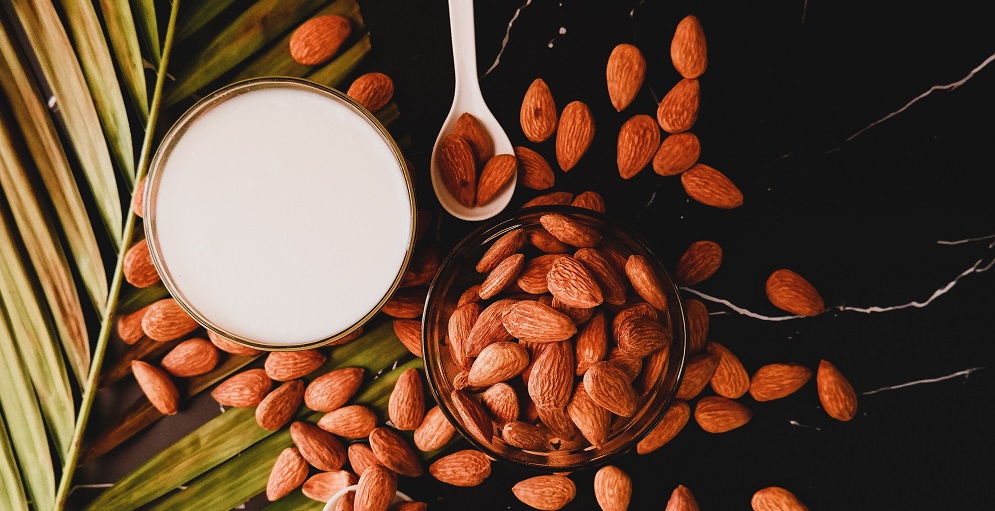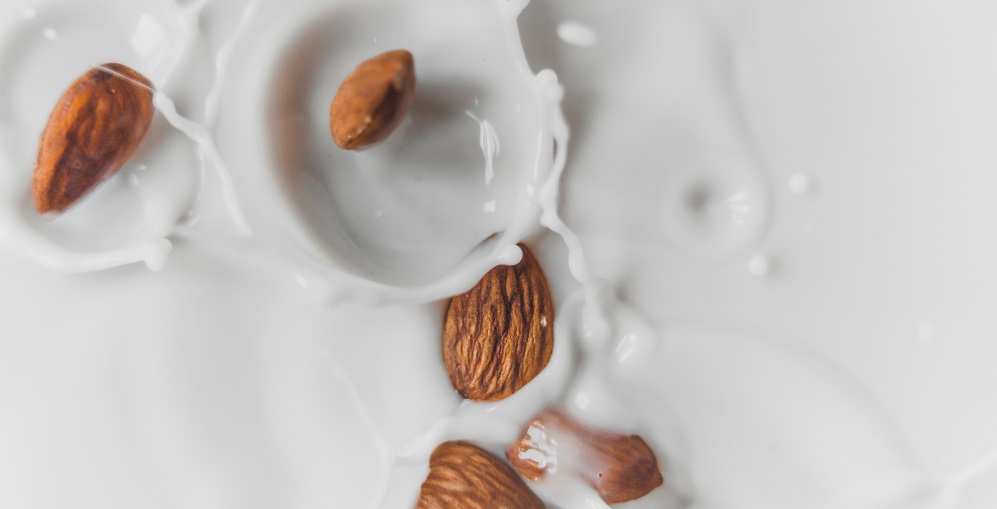Why You Should Never Drink Almond Milk: How It’s Made, and Why You Shouldn’t Get Too Excited About It

Plant-based dairy is a growing trend. Most people who adhere to non-milk dairy do so because of the environmental and economic costs of cow's milk. However, while choosing dairy alternatives is admirable, not all plant-based products are equal. Almond milk is among one of the most popular milk alternatives, but it shouldn't be. Between the cost, taste, and environmental impact, it is nearly as problematic as traditional dairy. If you are a fan of almond milk, it is time to inspect its production and real-world benefits.
Why Is Almond Milk So Well Received?

Almond milk rose to popularity as a plant-based alternative to cow's milk. For people following a vegan diet or who are intolerant or allergic to dairy products, almond milk provides a safe option. However, while many people do appreciate the creamy texture and nutty flavor of the beverage, it is not for everyone, and the initial reception of the milk substitute was often steeped in half-truths.
For example, in the early days of surrogate milk, almonds were touted as being healthier than dairy, which is debatable. While almond milk is nutritious, there is no comparison to the nutritional value of cow's milk. For substitutes to come close to dairy, they are often enriched with other vitamins and minerals.
Therefore, a lot of the popularity of almond milk is based on hype, but that doesn't mean it has zero value, especially as a vegan option or proxy for people with an intolerance to cow's milk. However, even with legitimate reasons to drink almond milk, there are more to avoid it or at least diminish its popularity.
How Almond Milk Is Made

Almond milk is not the most environmentally friendly beverage on the market. The amount of water and pesticides used to produce almonds is a threat to local ecosystems in grower states.
California produces a significant quantity of the world's almonds, more than 80%. The state is also experiencing droughts that make almond production a challenge for surrounding ecosystems.
Thinking of a single glass of almond milk, a producer would need to use 130 pints of water to fill that glass. Additionally, to make a single gallon of almond milk, farmers need two pounds of almonds; two pounds require 920 gallons of water.
[insert page='Offer' display='content']
The Problems With Almond Milk

Aside from the amount of water required in drought-stricken areas, almond milk suffers from several other problems. First, many varieties include several additives, primarily sugar, gums, salt, flavors, and carrageenan; additionally, it is a poor source of fat, protein, and nutrients. Second, because of the laborious production process, almond milk is nearly double the dairy milk price, meaning consumers are spending more money for less value. Last, almond milk has a distinct taste. While many people love it and even enjoy the texture, it tastes nothing like cow's milk.
Almond milk, like many other health trends, is not all it is cracked up to be. The environmental impact, lack of nutrition compared to traditional dairy, costs, and taste make the beverage more hype than healthy — in this blogger's humble opinion.
What do you think of dairy alternatives, specifically almond milk? Leave a comment below.
